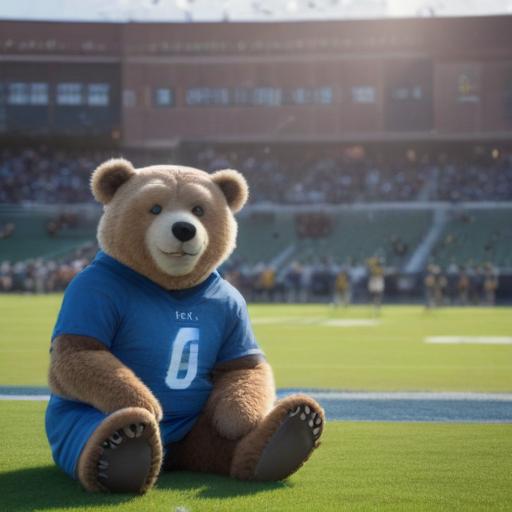UCLA coach DeShaun Foster embraces Year Two after a nerve-wracking rookie season
DeShaun Foster says he finally feels grounded after his first year as UCLA’s head coach, though nerves accompanied the start of his tenure. “Oh, I was scared,” Foster said Wednesday during media availability, reflecting on the abrupt transition from a longtime assistant to the Bruins’ leader. “I’ve never been scared on the football field, but it was a nervous feeling just because it was brand new and I had never been in that position. I’m nowhere near where we were last year. I feel pretty good.”
Foster’s debut season began with a win: UCLA defeated Hawaii 16-13 on the road. But the Bruins finished 5-7 overall and 3-6 in the Big Ten, placing 12th in the conference in UCLA’s first year back in the league.
The season also carried external scrutiny. CBS Sports’ Cody Nagel ranked Foster 17th among 18 Big Ten coaches in his first year, with Northwestern’s David Braun at the bottom. Michigan State’s Jonathan Smith was listed as the 13th among first-year coaches.
Entering year two, Foster will lean on transfer quarterback Nico Iamaleava to navigate a demanding schedule. UCLA is slated to face several top Big Ten contenders, including No. 2 Penn State and No. 3 Ohio State, as well as No. 20 Indiana. The Bruins open the season on Aug. 30 at home against Utah.
What to watch this season
– The impact of Iamaleava: A transfer quarterback can accelerate growth, but factoring in a tougher conference schedule will test his ability to lead the offense and manage the new system.
– Team development: Improving consistency on both sides of the ball will be key for UCLA to climb the Big Ten standings in Foster’s second year.
– Schedule pressure: Early-season games against elite programs could reveal how quickly UCLA adapts and how the defense handles high-powered offenses.
Additional comments and context
– Foster’s candid admission of fear highlights the human side of coaching transitions and suggests a willingness to learn and grow publicly, which could energize the program and its recruits.
– With a year of experience behind him, Foster’s approach to game preparation and talent development will be under closer scrutiny as UCLA navigates a notably challenging slate in the Big Ten.
Summary
– Foster started with a hard-earned win and a steep learning curve. Year two brings a tougher schedule and the expectation that Iamaleava can help UCLA compete more consistently. The season will test Foster’s leadership, the quarterback transition, and the Bruins’ ability to rise in a competitive Big Ten landscape.
Potential follow-up angles
– How quickly Iamaleava settles into the starting role and adapts to Big Ten defenses.
– The Bruins’ defensive improvements and depth behind key positions.
– Recruiting momentum and how staff adjustments might support a stronger 2025 season.
